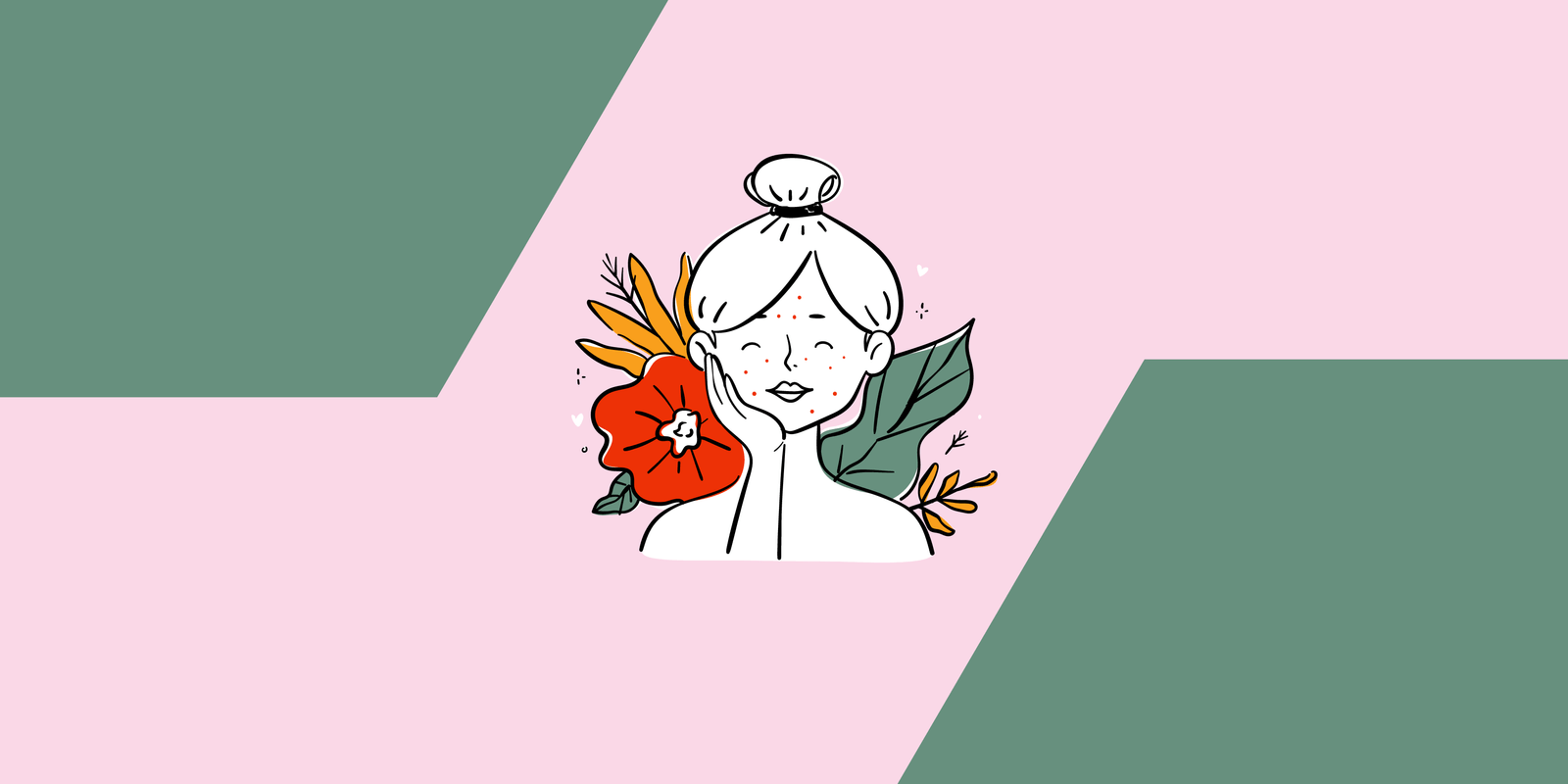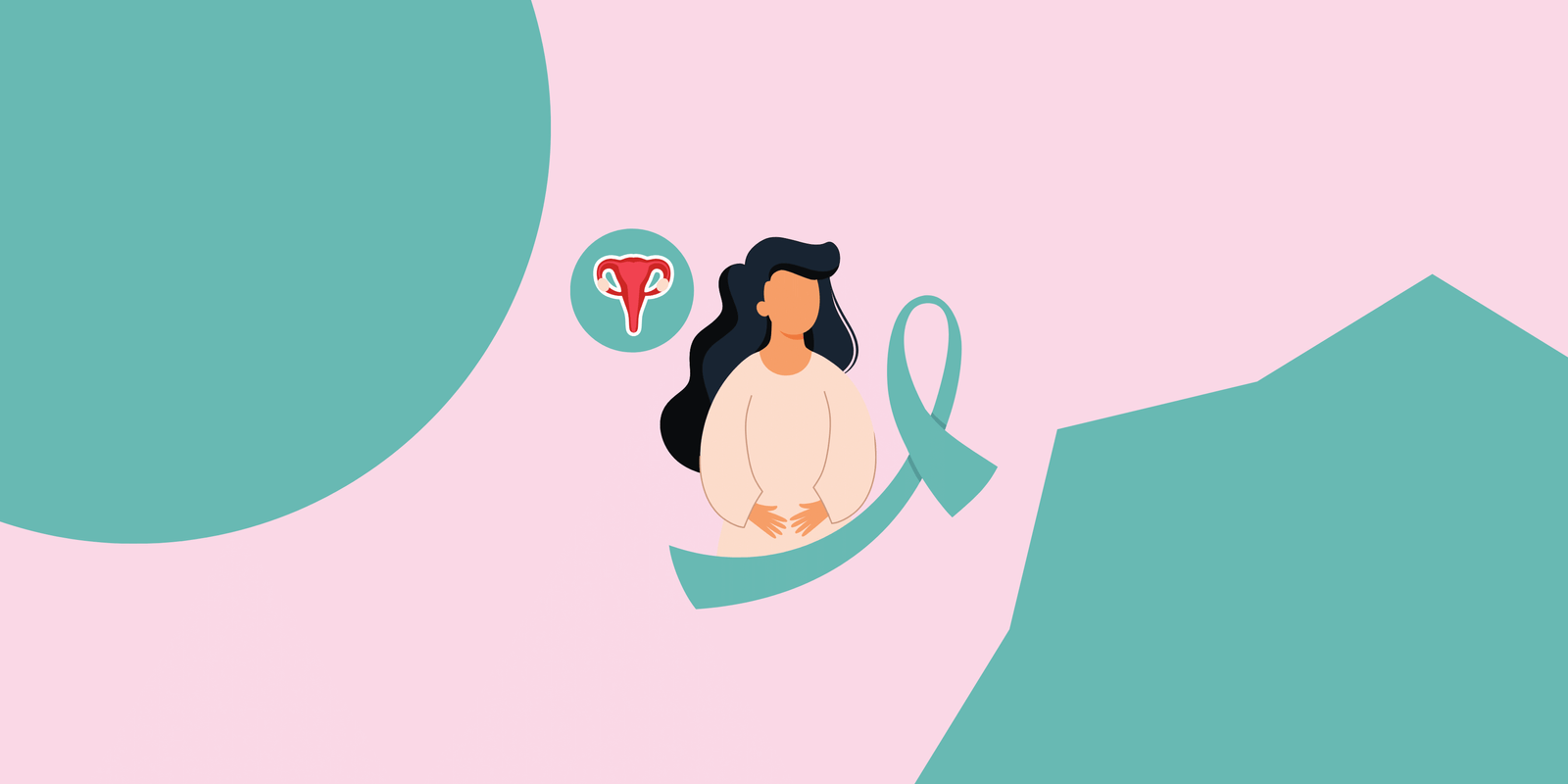Hormonal Acne: Causes, Treatment, and Prevention Strategies
Are you tired of battling stubborn breakouts that seem to appear out of nowhere, despite your best efforts? Do you find yourself wondering why your skin just won't cooperate, no matter what you try? If so, you're not alone. Hormonal acne affects millions of women worldwide, and understanding its causes, treatments, and prevention strategies is key to achieving clear, radiant skin. In this comprehensive guide, we'll delve into the intricate world of hormonal acne, equipping you with the knowledge and tools to conquer breakouts and restore confidence. Get ready to say goodbye to pesky pimples and hello to a complexion that glows from within.
Chapter 1: Unraveling the Mystery of Hormonal Acne
Let's start by demystifying hormonal acne and exploring the factors that contribute to its development.
1. What is hormonal acne, and how does it differ from other types of acne?
- Hormonal acne is primarily caused by hormonal fluctuations in the body.
- It manifests as deep, cystic lesions along the jawline, chin, and sometimes cheeks.
- Unlike other types of acne, it tends to be more stubborn and resistant to traditional treatments.
- It can occur in adults, especially women, due to hormonal changes associated with menstruation, pregnancy, menopause, or conditions like PCOS.
2. The role of hormones in skin health: Understanding the hormonal fluctuations that trigger breakouts
- Hormonal fluctuations, particularly androgens like testosterone and estrogen, stimulate sebaceous glands to produce more oil (sebum).
- Excess sebum, combined with dead skin cells and bacteria, clogs pores and leads to acne lesions.
- Understanding these fluctuations is crucial for managing hormonal acne effectively.
3. Identifying hormonal acne patterns: The telltale signs that hormones are wreaking havoc on your skin
- Recognizing recurring breakouts during specific times of the menstrual cycle, predominantly affecting the lower face and jawline, and characterized by deep, painful cysts.
- Other signs may include oily skin, enlarged pores, and hormonal fluctuations coinciding with other symptoms like mood swings or irregular periods.
4. Hormonal imbalances and acne: Connecting the dots between internal and external factors
- Internal factors include genetics, medical conditions like PCOS, puberty, menstruation, pregnancy, or menopause.
- External factors such as stress, diet, lifestyle habits, and environmental toxins can also influence hormone levels and contribute to acne development.
5. Nutrition and hormonal acne:
- Certain dietary factors like high-glycemic foods or dairy products may exacerbate hormonal acne.
- A balanced diet rich in fruits, vegetables, whole grains, and lean proteins can support hormonal balance and promote skin health.
6. Stress management:
- Chronic stress can trigger hormonal imbalances and worsen hormonal acne.
- Stress-reduction techniques like mindfulness meditation, yoga, deep breathing exercises, or regular physical activity can help mitigate stress's impact on hormones.
7. Skincare routine:
- Consistent skincare routine with gentle cleansing, exfoliation, and non-comedogenic products can help manage hormonal acne.
- Ingredients like salicylic acid or benzoyl peroxide can target acne-causing bacteria and reduce inflammation.
Chapter 2: Common Causes of Hormonal Acne
Understanding the root causes of hormonal acne is crucial for effective treatment and prevention. Let's delve into the key factors that contribute to hormonal breakouts.
1. Fluctuating hormone levels: The menstrual cycle, pregnancy, and menopause
- Hormonal fluctuations during the menstrual cycle, particularly in the days leading up to menstruation, can trigger acne breakouts in many women.
- Pregnancy can also cause significant hormonal changes, leading to acne flare-ups for some women, especially during the first trimester.
- Menopause marks a significant hormonal shift in women, with declining estrogen levels and changes in androgen levels, which can contribute to acne in some individuals.
2. Androgen excess: Testosterone and its impact on sebum production
- Androgens, particularly testosterone, stimulate the sebaceous glands to produce more sebum.
- Excess sebum, combined with dead skin cells and bacteria, can clog pores and lead to acne breakouts, particularly hormonal acne characterized by deep, cystic lesions.
3. Stress and cortisol: The skin-brain connection and its role in acne flare-ups
- Stress triggers the release of cortisol, a hormone that can stimulate the sebaceous glands to produce more oil.
- Elevated cortisol levels can also lead to inflammation and compromise the skin's barrier function, making it more susceptible to acne breakouts.
- Additionally, stress can exacerbate existing acne by triggering inflammatory responses in the body.
4. Genetics and family history: Is acne in your genes?
- Genetics play a significant role in determining an individual's susceptibility to acne.
- Family history of acne can increase the likelihood of experiencing acne breakouts, including hormonal acne.
- Certain genetic factors may influence hormone levels, sebum production, and inflammatory responses in the skin, contributing to acne development.
5. Lifestyle factors: Diet, sleep, and skincare habits that influence hormonal balance
- Consuming high-glycemic foods, dairy products, or foods rich in saturated fats may exacerbate hormonal acne by influencing insulin levels and hormone production.
- Inadequate sleep or poor sleep quality can disrupt hormonal balance and increase stress levels, potentially triggering acne breakouts.
- Using harsh or comedogenic skincare products can irritate the skin and exacerbate acne. Opting for non-comedogenic, gentle products and adopting a consistent skincare routine can help maintain skin health and hormonal balance.
6. Environmental factors
- Exposure to pollutants, UV radiation, and harsh chemicals in skincare or haircare products can also disrupt hormonal balance and contribute to acne breakouts.
7. Medications
- Certain medications, such as corticosteroids, hormonal contraceptives, and anti-epileptic drugs, can affect hormone levels and increase the risk of acne.
8. Hormonal disorders
- Conditions like polycystic ovary syndrome (PCOS) and thyroid disorders can cause hormonal imbalances, leading to acne breakouts as a symptom.
Chapter 3: Treatment Options for Hormonal Acne
Combatting hormonal acne requires a multifaceted approach that addresses both the underlying hormonal imbalances and the visible symptoms. Discover effective treatment options to banish breakouts and restore skin clarity.
1. Topical treatments: Retinoids, benzoyl peroxide, and salicylic acid for targeted acne control
- Retinoids: These vitamin A derivatives work by promoting skin cell turnover, preventing clogged pores, and reducing inflammation. They help unclog pores and prevent new acne lesions from forming.
- Benzoyl peroxide: This ingredient effectively kills acne-causing bacteria and reduces inflammation. It's commonly used in over-the-counter acne treatments and comes in various strengths.
- Salicylic acid: A beta hydroxy acid (BHA), salicylic acid exfoliates the skin, unclogs pores, and reduces inflammation. It's especially beneficial for treating blackheads and whiteheads.
2. Oral medications: Birth control pills, spironolactone, and oral antibiotics to regulate hormone levels and reduce inflammation
- Birth control pills: Oral contraceptives containing estrogen and progestin can help regulate hormone levels and reduce acne by suppressing androgens.
- Spironolactone: This medication blocks androgen receptors in the body, reducing the effects of testosterone and decreasing sebum production.
- Oral antibiotics: Antibiotics like tetracycline, doxycycline, or minocycline can help control acne by reducing inflammation and targeting acne-causing bacteria. However, they are typically used for short-term treatment due to concerns about antibiotic resistance.
3. Natural remedies: Tea tree oil, green tea extract, and zinc supplements for gentle yet effective acne management
- Tea tree oil: This natural antimicrobial agent can help kill acne-causing bacteria and reduce inflammation. It's commonly used in diluted form as a spot treatment.
- Green tea extract: Rich in antioxidants, green tea extract can help reduce inflammation and soothe irritated skin when applied topically or consumed orally.
- Zinc supplements: Zinc plays a role in regulating hormone levels and has anti-inflammatory properties. Supplementing with zinc may help reduce acne severity in some individuals.
4. Professional procedures: Chemical peels, laser therapy, and microneedling for stubborn or severe acne cases
- Chemical peels: These treatments involve applying a chemical solution to the skin to exfoliate dead skin cells, unclog pores, and promote cell turnover. They can help improve acne scars and reduce acne severity.
- Laser therapy: Various laser and light-based treatments can target acne-causing bacteria, reduce inflammation, and promote collagen production to improve skin texture.
- Microneedling: This procedure involves creating tiny punctures in the skin with fine needles to stimulate collagen production and improve skin texture. It can help reduce acne scars and improve overall skin appearance.
5. Lifestyle modifications: Stress management, diet adjustments, and skincare routines tailored to hormonal acne
- Stress management: Practicing stress-reduction techniques such as mindfulness meditation, yoga, or deep breathing exercises can help reduce cortisol levels and minimize stress-related acne flare-ups.
- Diet adjustments: Avoiding high-glycemic foods, dairy products, and foods high in saturated fats can help balance hormone levels and reduce inflammation, potentially improving acne.
o Skincare routines:
- Skincare routine: Using non-comedogenic products, gentle cleansers, and moisturizers can help maintain skin health and prevent further irritation. Consistency in skincare routines is key to managing hormonal acne effectively.
Chapter 4: Prevention Strategies for Hormonal Acne
Prevention is always better than cure when it comes to hormonal acne. Explore proactive measures to keep breakouts at bay and maintain clear, radiant skin in the long term.
1. Hormone-balancing diet: Incorporating omega-3 fatty acids, antioxidants, and anti-inflammatory foods into your meals
- Omega-3 fatty acids: Found in fatty fish like salmon, walnuts, and flaxseeds, omega-3s help reduce inflammation in the body and support hormonal balance.
- Antioxidants: Foods rich in antioxidants, such as berries, leafy greens, and colorful fruits and vegetables, help combat oxidative stress and inflammation, promoting healthier skin.
- Anti-inflammatory foods: Including foods like turmeric, ginger, garlic, and green tea can help reduce inflammation and support overall hormonal health.
2. Stress reduction techniques: Meditation, yoga, and deep breathing exercises to calm the mind and soothe the skin
- Meditation: Practicing mindfulness meditation can help reduce stress levels, lower cortisol production, and promote relaxation, which can benefit hormonal balance and skin health.
- Yoga: Yoga combines physical postures, breathwork, and meditation to reduce stress, improve circulation, and promote overall well-being, including skin health.
- Deep breathing exercises: Deep breathing techniques like diaphragmatic breathing or box breathing can activate the body's relaxation response, reducing stress hormones and calming the mind.
3. Skincare regimen: Gentle cleansing, non-comedogenic products, and regular exfoliation to keep pores clear and skin balanced
- Gentle cleansing: Using a mild, non-irritating cleanser twice daily helps remove dirt, oil, and impurities without stripping the skin's natural moisture barrier.
- Non-comedogenic products: Choosing skincare and makeup products labeled as non-comedogenic helps prevent pore clogging and reduces the risk of acne breakouts.
- Regular exfoliation: Exfoliating with gentle scrubs or chemical exfoliants (like AHAs or BHAs) helps remove dead skin cells, unclog pores, and promote cell turnover for smoother, clearer skin.
4. Hormonal health support: Regular exercise, adequate sleep, and hormone-balancing supplements to promote overall well-being
- Regular exercise: Engaging in physical activity regularly helps reduce stress, improve circulation, and regulate hormone levels, which can contribute to clearer skin.
- Adequate sleep: Prioritizing quality sleep allows the body to repair and regenerate, balances hormone levels, and reduces stress, all of which are essential for healthy skin.
- Hormone-balancing supplements: Certain supplements like evening primrose oil, chasteberry (vitex), or DIM (diindolylmethane) may help regulate hormone levels and support skin health when used under the guidance of a healthcare professional.
5. Consistent self-care: Prioritizing self-love, self-care rituals, and positive affirmations to nurture both body and soul
- Self-love: Cultivating self-love and acceptance fosters a positive mindset, reduces stress, and promotes overall well-being, including skin health.
o Self-care rituals: Establishing regular self-care practices, such as skincare routines, baths, massages, or hobbies, provides opportunities for relaxation and rejuvenation.
- Positive affirmations: Incorporating positive affirmations and self-talk into daily life helps build confidence, resilience, and a sense of inner peace, which can positively impact skin health and overall quality of life.
Understanding hormonal acne and its contributing factors is essential for effective management and prevention. Hormonal acne differs from other types of acne due to its association with hormonal fluctuations, primarily androgens like testosterone and estrogen. Recognizing the signs of hormonal acne, such as recurring breakouts along the jawline and chin, oily skin, and hormonal fluctuations coinciding with menstrual cycles, is crucial for early intervention.
Addressing hormonal acne requires a comprehensive approach that combines topical treatments, oral medications, natural remedies, professional procedures, and lifestyle modifications. By targeting both internal and external factors influencing hormonal balance and skin health, individuals can effectively manage hormonal acne and achieve clearer, healthier skin.
Ready to take control of your hormonal acne and achieve radiant, blemish-free skin?
Here are five actionable steps to get started:
- 1. Evaluate your diet: Incorporate hormone-balancing foods like omega-3 fatty acids, antioxidants, and anti-inflammatory foods into your meals.
- 2. Practice stress reduction techniques: Explore meditation, yoga, and deep breathing exercises to calm your mind and soothe your skin.
- 3. Establish a skincare regimen: Cleanse gently, use non-comedogenic products, and exfoliate regularly to keep pores clear and skin balanced.
-
4. Support hormonal health: Engage in regular exercise, prioritize quality sleep, and consider hormone-balancing supplements under the guidance of a healthcare professional.
- 5. Prioritize self-care: Cultivate self-love, establish self-care rituals, and embrace positive affirmations to nurture both your body and soul.





